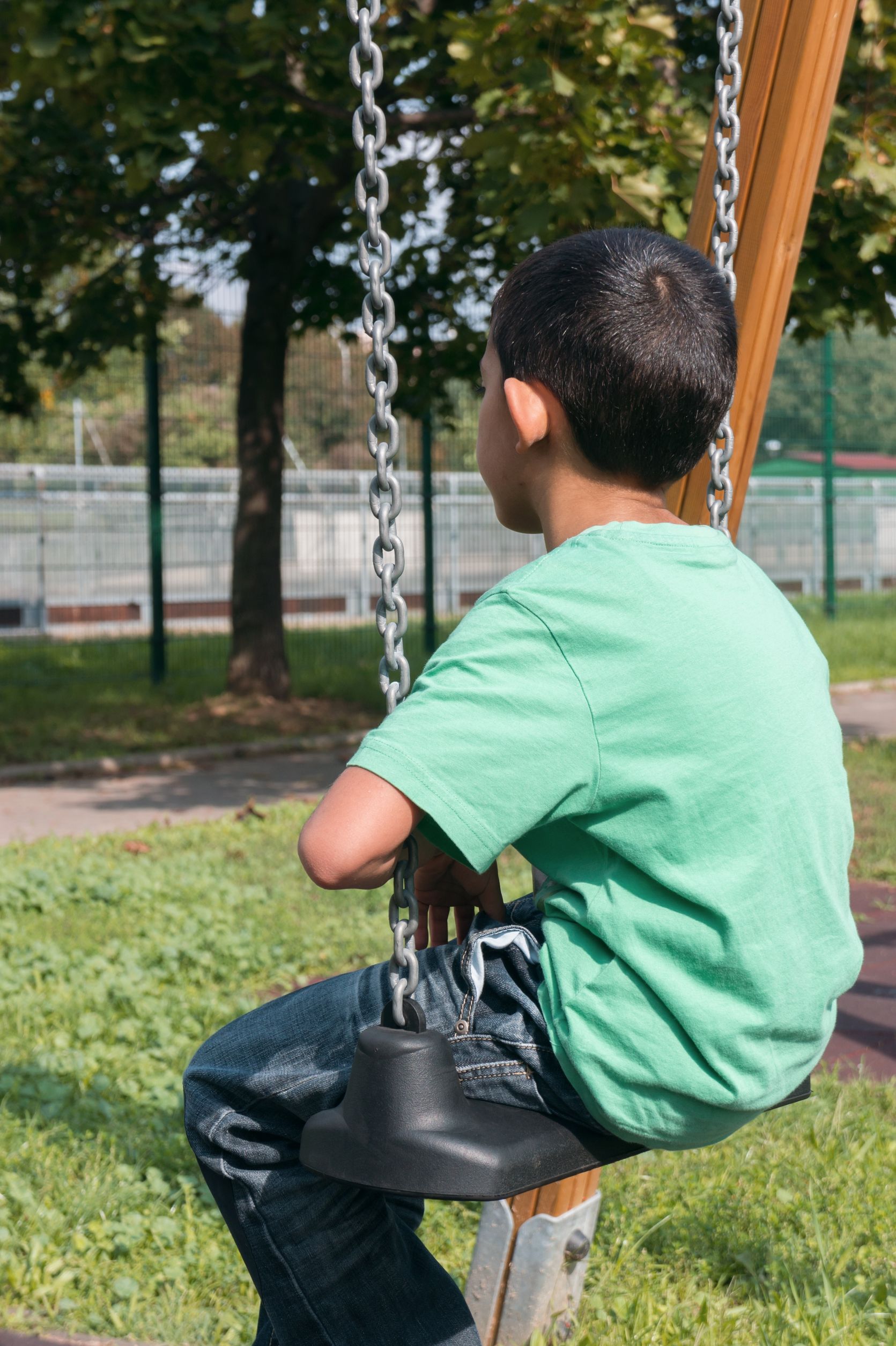
- Does your child have an excessive worry about being judged negatively by others?
- Do they often avoid certain social events that would require them to interact with others?
- Do they avoid participating in new activities or going places?
If you answered yes to these questions, your child may be experiencing symptoms of Social Anxiety Disorder.
Common signs a child has social anxiety is having an excessive and persistent fear of social and/or performance situations. Social anxiety is more than just being shy. While someone can have both shyness and social anxiety disorder, they are different, and social anxiety can cause significant impairment in daily functioning. Typically, social anxiety disorder (formerly known as social phobia) emerges in young adolescence/preteen years, however it can start during the elementary school years as well. Individuals with social anxiety can typically interact with close family members and may have a few close friends, but meeting new people and engaging in conversations in a group can cause extreme distress for them. Young children may exhibit more somatic/physical symptoms such as stomachaches, and or may experience school refusal and tantrums. Older children and teens on the other hand, experience more negative thoughts and may be prone to or at risk for developing more serious problems such as depression, poor school performance, and may engage in alcohol or drug use.
Typical Signs:
- Negative thoughts about performance or how others might perceive them
- Somatic symptoms such as: stomachache, blushing, sweating, shaking, irritability, crying, muscle tension
- Anxiety, worry, or fear
- Feelings of embarrassment or shame
- School refusal
- Avoiding social situations
- Avoiding participating in class
- Crying or tantrumming
- Isolation
Diagnostic Criteria (according to the DSM-5):
- Marked fear or anxiety about one or more social situations (with peers and adults) in which the individual is exposed to possible scrutiny by others
- The child fears that they will act in a way or show anxiety symptoms that will be negatively evaluated
- The social situations almost always provoke fear or anxiety and may show this by crying, tantrums, freezing, clinging, or failing to speak in social situations
- The social situations are avoided or endured with intense fear or anxiety
- The fear or anxiety is out of proportion to the actual threat posed
- This anxiety lasts for 6 months or more
- It causes significant distress or impairment in social and academic functioning
If your child is exhibiting some of these symptoms, and it is impairing their ability to function in their daily lives, seeking help from a professional may be warranted. Social anxiety disorder is most often treated with Cognitive Behavioral Therapy (CBT). This treatment involves helping children learn coping skills for managing their anxiety while also working on changing their negative/anxious thought patterns. Group therapy is another helpful mode of treatment for children with social anxiety disorder and helps them conquer their fears and managing their anxiety while engaging and becoming more comfortable in social interactions.





